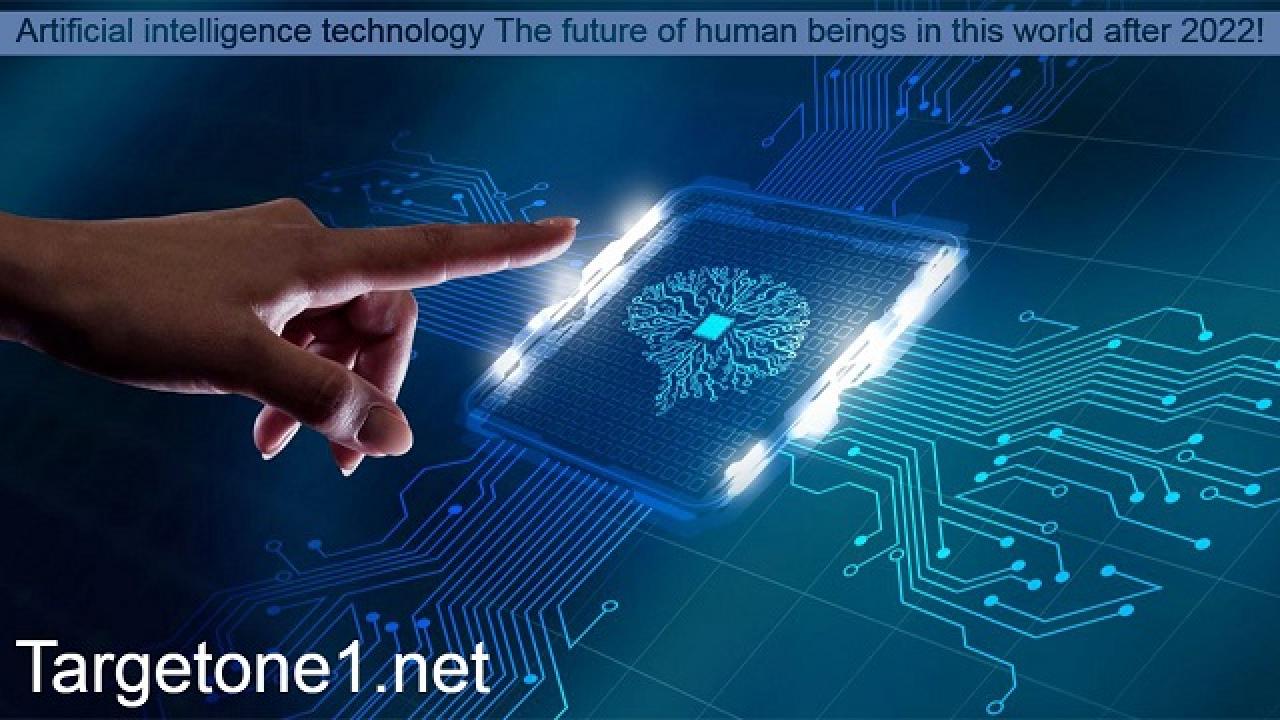Are we heading for a disaster where no one will have a job in a few years? Will robots conquer most human tasks? Or, will this new way of looping again produce accelerated adaptations?
All organizational changes and all cultural revolutions lead to instability, and a balance needs to be found. According to the OECD, with robotics, "about 14% of #jobs are likely to be automated and 32% of jobs will be radically transformed".
In the face of such unforeseen events, the randomness of future conditions, and the constant development of new technologies, we must demonstrate agility and adaptability. Resilience is an essential quality to develop in this world of algorithms and predictions.
The proof of victory through play
Facing the machines, every new game seems to be lost early! In fact, no game invented by humans can resist new technological intelligence.
During the years they've learned their new electronic life, the game of Go or chess has turned into a simple playground capable of entertaining microchips.
Unable to predict what level they will be able to reach, the limits of humanity seem to have been surpassed and destined to be swallowed by the twists and turns of engineering.
Faced with a bunch of rules of the game, faced with a maze whose exit is more or less complicated, the search for Deep Blue's successor seems invincible and unstoppable.
Designed to use 100% of the power of a machine they know about every nook and cranny of the processor. However, only a portion of the human brain is dominated, and its underutilization still offers millions of possibilities to stand out. A machine can never understand what its essence is.
Technology at the service of humans
For a person, repetition is the source of boredom and the risk of making mistakes. No one would think of themselves as the Charlie Chaplin of the modern age, force-fed by a machine to better tighten nuts at breakneck speed.
In 1931, he declared that "machines should benefit mankind, not cause tragedy and unemployment".
Digital transformation and automation are necessary to facilitate tasks with no real added value, to make work more enjoyable and free from repetitive constraints.
AI should be integrated into information systems to combat uninteresting recurrences that must be mastered. Charlie Chaplin also said: "The saddest thing that could have happened to me was getting used to luxury".
The worst-case scenario in this modern world would be to no longer be able to live without automation and to take over when they derail or collapse. Human wisdom is inseparable from constant understanding and understanding.
Further access: 7 surprising benefits of AI in banking
Unlimited ability to face the unexpected
In the presence of machines, the absolute power of man will remain the same in the face of the unforeseen and full of creativity.
Faced with algorithmically analyzed and "nearly perfect" decisions, one must also know how to use impossible paths and make other decisions.
In business, AI can handle more or less complex processes as quickly as possible. She doesn't understand emotions or unpredictable thinking patterns.
True, it pushes self-transformation to develop new skills to understand how to be resilient and question yourself, but when faced with the unimaginable, it stops.
We must remember the words of Charlie Chaplin: "We must strive for the impossible: the great feat of history is to conquer the seemingly impossible". Human intelligence will manage to reach new areas and improve its existence for a long time to come.
Train to better understand
Faced with this wall, OECD Secretary-General Angel Gurria declared: “We need an effective lifelong learning system that opens up new prospects for less qualified automated systems.
The first is the threat. Avoiding the inevitable is impossible, but learning to adapt is necessary. Looking for new roles in the future through positive anticipation of future needs.
Change through training where you have to know how to plan for a few years and find future employment.

